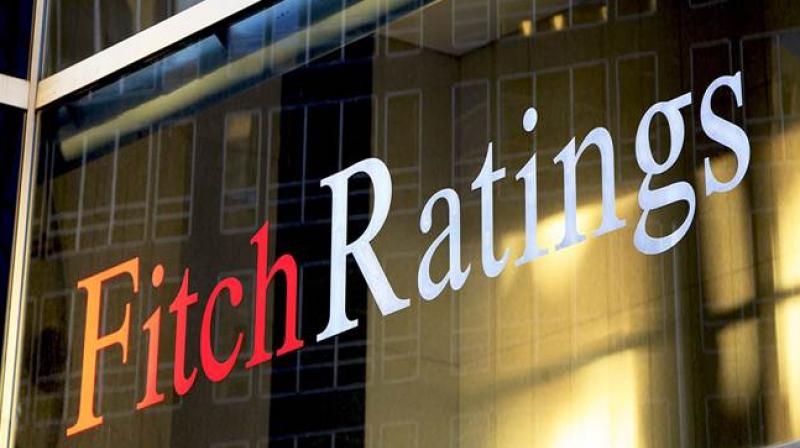Govt must do more to implement its schemes
The Narendra Modi government appears to have lost its grip on the economy.

The government’s attempt to get global rating agency Fitch to upgrade India’s sovereign rating from the lowest investment grade has fallen on deaf ears. It seems to be fighting a losing battle with rating agencies. In August, Standard & Poor’s had kept India’s sovereign rating unchanged since January 2007 at the lowest investment grade of “BBB-”, citing the sizable fiscal deficit, low per capita income and high government debt levels.
New York-based Fitch is one of the big three rating agencies recognised by the US Securities and Exchange Commission, the other two being Standard and Poor’s and Moody’s.
The government should view the Fitch ratings with concern as the reason cited for downgrading India — risks to the macro economic outlook due to volatile oil prices, drop in credit growth due to problems in the banking sector and a weak fiscal position — are all real issues plaguing the economy.
Though the government says it will meet its fiscal deficit target, it will be a struggle to maintain it at 3.3 per cent of GDP due to lower revenues from the Goods and Services Tax and various sops it is likely to announce before the general election just a few months away.
However, keeping India’s rating the same for 12 years seems rather unfair as it means there’s been no growth or improvement in various sectors of the economy all these years.
It’s true the economy took a knock with demonetisation and the hurried introduction of GST. The government’s attempt to recapitalise the banks is slow and skimpy. Credit growth is only just picking up, with banks burdened by stressed assets and afraid to lend for fear of increasing NPAs.
The recent efforts by the government to lay its hands on the RBI’s surplus funds is a reflection on the precarious state of the government’s finances.
But growth can happen only when private investment is pumped in to finance various sectors of the economy, including manufacturing. Agriculture is still a neglected field, though the government has pledged to double farmers’ incomes by 2020.
The weak point here is that while the government announces schemes, it must do more to see that they are implemented judiciously and seriously. Take its crop insurance scheme: about 80 per cent of farmers aren’t a part of this scheme as it has been structured in a way that is not friendly to farmers. It’s only the farmers who take bank loans who have crop insurance as the money for this is deducted directly by the banks.
The Narendra Modi government appears to have lost its grip on the economy. Its milestone promise of one crore jobs a year is nowhere to be seen, and this affects the youth most. It will have to retrieve some its promises in the next few months if it wants to make a comeback in 2019.

